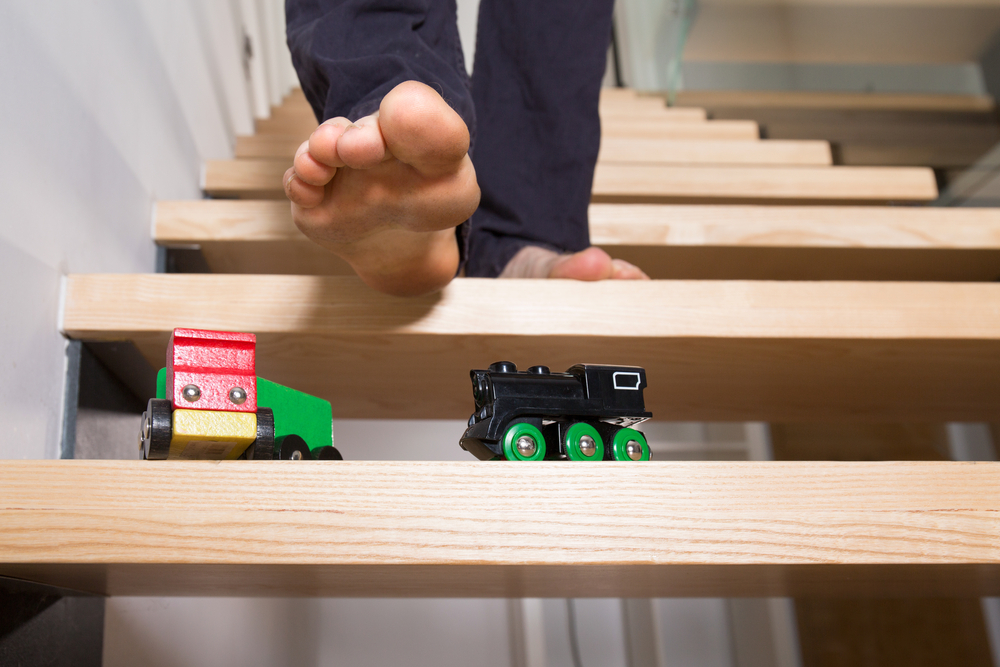Ever heard strange sounds coming from your plumbing and thought, That can’t be good? You’re not alone. Noisy pipes are more common than people realize, and while some sounds are harmless, others can be early warnings of plumbing problems waiting to happen.
If you’ve got clanks, gurgles, or random bangs echoing through your walls, it’s time to decode what they might be trying to tell you.
What’s That Sound Coming From the Pipes?
First, let’s break down the kinds of sounds people usually hear in their plumbing system. Because not all noises are created equal—and they don’t all mean the same thing.
Common Pipe Noises You Might Hear
- Banging or hammering – Often called “water hammer,” this is one of the most startling sounds. You’ll usually hear it when you turn off a faucet quickly or a washing machine finishes filling. It’s caused by water suddenly stopping or changing direction, slamming into shut-off valves or pipe walls.
- Gurgling – This bubbly, draining noise usually means air is trapped somewhere in your plumbing. It could also point to a blockage forming in your drains or vent pipes.
- Whistling or squealing – High-pitched sounds often come from water moving through a partially closed valve or a worn-out washer. Sometimes it’s a faulty faucet; other times, it’s deeper in the plumbing system.
- Rattling or vibrating – If you hear this when water is flowing, chances are your pipes aren’t secured properly. They may be shaking against wood framing or other hard surfaces.
- Dripping or ticking – These are usually quieter but still worth noting. Drips might mean a small leak, while ticking can happen when metal pipes expand and contract with temperature changes.

Why Are My Pipes So Loud?
So, what’s causing all this commotion? It depends on the sound—but there are a few common culprits.
Sudden Water Pressure Changes
Water hammer (that loud banging sound) is usually the result of sudden pressure changes in your system. When the water moving through your pipes is forced to stop or change direction too quickly, it creates a shockwave. Over time, this pressure can damage joints and connections if not addressed, which is why you need to get in touch with experts like https://thedrainfighter.com/ sooner rather than later.
Air in the Pipes
Air bubbles can get trapped in your system, especially after plumbing work or water shut-offs. That air has to go somewhere—and when it moves through the pipes, it creates gurgling or sputtering sounds.
Loose or Unsecured Pipes
Pipes that aren’t properly fastened tend to shake when water flows through them, especially at high speed. These vibrations can sound like rattling or knocking inside your walls.
Mineral Buildup or Corrosion
In areas with hard water, minerals can build up inside pipes and valves. This reduces water flow and can create whistling noises. Older plumbing systems may also have corrosion issues, which can affect how smoothly water moves through.
When to Worry (and When Not To)
Not every sound means disaster. Some are more annoying than dangerous. But it’s still smart to know when to take action.
Here’s a general guide:
- Ignore it for now – Occasional creaks or ticks from pipes expanding and contracting with temperature are usually harmless. Same goes for a single gurgle now and then.
- Keep an eye (or ear) on it – Repeated gurgling or dripping could mean a slow drain or minor leak is starting. Monitor it and consider having it checked if it continues.
- Call a plumber – If you hear loud banging regularly, or if the sounds get worse over time, it’s time to investigate. Water hammer, persistent gurgling, or vibrating pipes often need a fix to prevent long-term damage.
What You Can Do About Noisy Pipes
You don’t have to live with the noise. In fact, dealing with it sooner rather than later can save you bigger headaches (and costs) down the line.
A few steps you can take:
- Check pipe supports – If you can access your pipes (in the basement or under sinks), make sure they’re properly fastened. Adding brackets or padding can help reduce rattling.
- Install water hammer arrestors – These devices absorb the shock from sudden water flow stops. They’re especially helpful near appliances like dishwashers and washing machines.
- Flush the system – Running all your faucets for a few minutes can sometimes clear out trapped air. If the noise started after plumbing work, this might solve it.
- Clean faucet aerators – Whistling from a faucet? It might just be a clogged aerator. Unscrew it, rinse out debris, and screw it back on.
- Consider pressure regulation – High water pressure can stress your pipes. A plumber can check it and install a regulator if needed.
Silent Pipes, Peace of Mind
Noisy plumbing might seem like just another quirk of an older house or a minor annoyance to tune out—but it can also be a valuable clue. Whether it’s a gentle gurgle or a dramatic bang, your pipes are trying to tell you something.
Understanding what these sounds mean helps you catch small issues before they turn into big ones. And let’s face it—peace and quiet at home is something we all want more of. So the next time your pipes start talking, don’t just turn up the TV. Listen. Then take action.
DISCLOSURE – This is a collaborative post.




